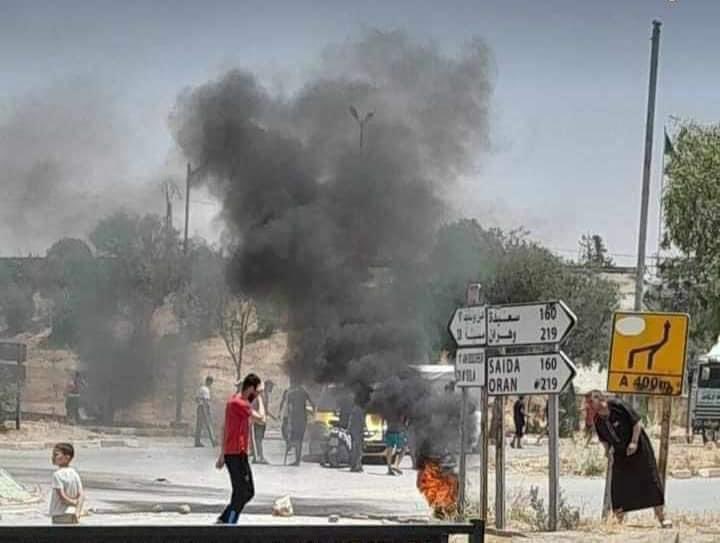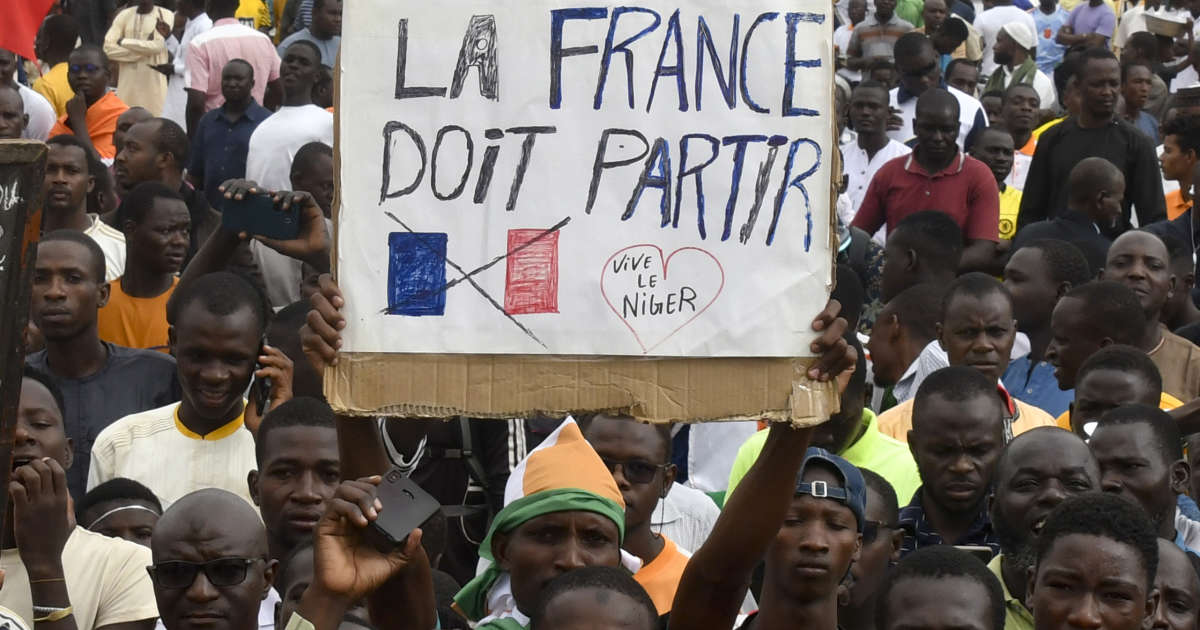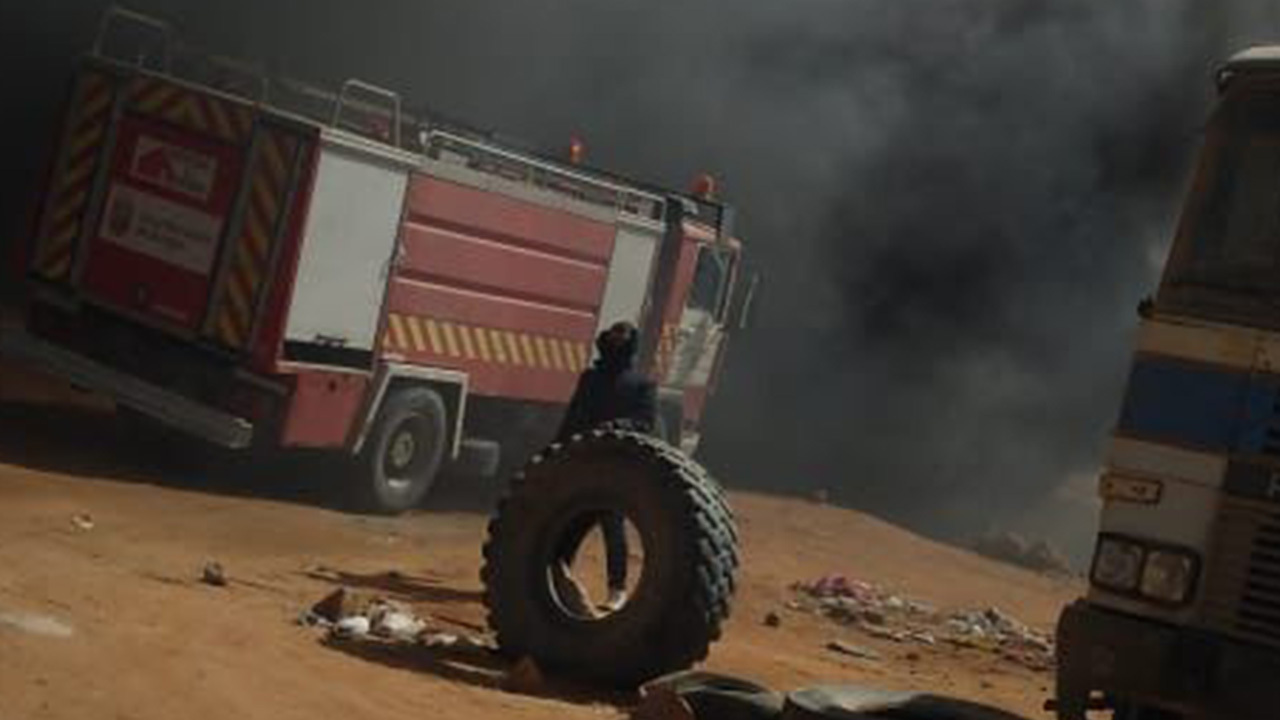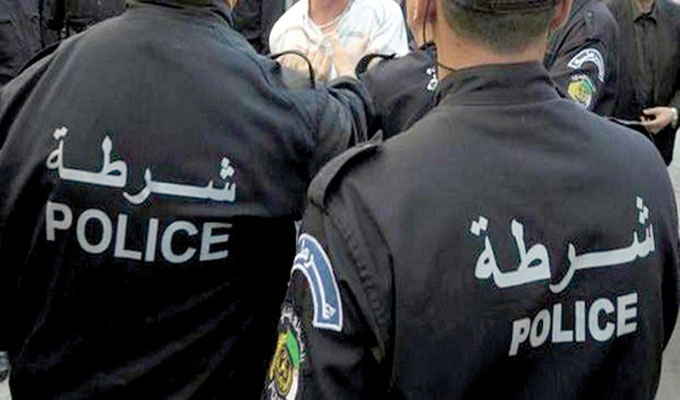The Guardian has warned that more demonstrations could erupt in Algeria as the authorities are not acting fast to address the water shortage and as people continue struggling to find drinking water.
On 8 June, anger over months of water rationing spilled over in the drought-stricken central Algerian town of Tiaret, where demonstrators barricaded roads and burned tyres, said the British daily on Thursday.
Rationing had been introduced to deal with a drought in parts of Algeria. Taps had been running dry for months, forcing people in the region – a semi-arid, high-desert plateau increasingly plagued by extreme heat – to queue to access water, said the newspaper.
“They promised us a solution before Eid, but here we are still struggling to find drinking water. Many people had to postpone the Eid slaughter because of the shortage”, complained a resident of Tiaret.
News of the protests spread rapidly on social media, but garnered little mainstream coverage in Algeria, where press freedoms are severely restricted.
“There is less and less water for the population across western Algeria, and especially in the steppes and inland plains, which are traditionally pastoral areas,” said Andrew Farrand, the director for Middle East and north Africa (Mena) at the geopolitical risk consultancy Horizon Engage.
After the Tiaret riots, President Abdelmadjid Tebboune dispatched the interior minister and water resources minister to fix a ‘whack-a-mole situation’ resulting from dwindling rainfall and drought.
After meeting local people, the government fired officials allegedly responsible for misallocating water rations and mobilised trucks to supply the town with water but the measures were below expectations, exacerbating further the popular anger.
“Essentially, [what we have seen] is part of the mechanism of governance where the government does a pretty insufficient job in providing services in a lot of domains, and when it gets bad enough, people protest,” said Farrand. “Then the government dispatches some resources in a very hasty kind of emergency way that temporarily solves the problem”.
“But it’s kind of a whack-a-mole situation to go from one place to another, fixing the problems and never looking at the systemic larger picture, which is that Algeria has a water management problem nationwide,” said Farrand.
According to some analysts, the water crisis, which comes as Algerian president Abdelmajid Teboune is expected to stand for a second term in elections in September, is very likely to affect the votes, while rifts emerge between the Presidency and the ruling military establishment over Teboune’s ties with French President Emmanuel Macron.



